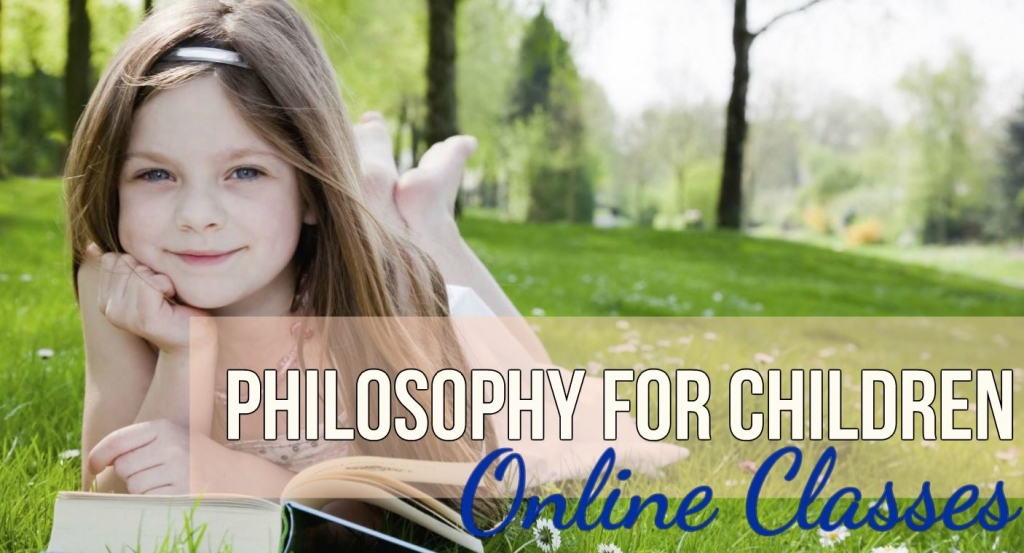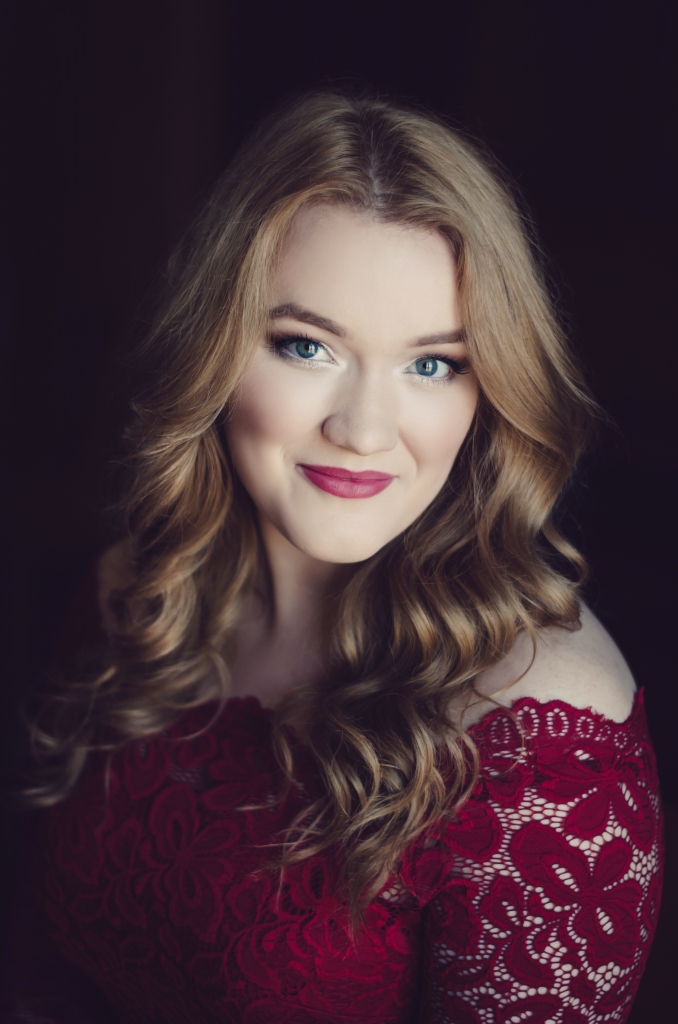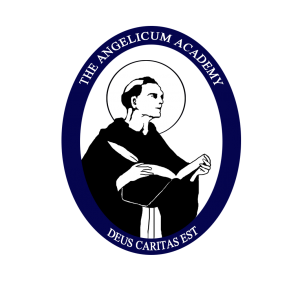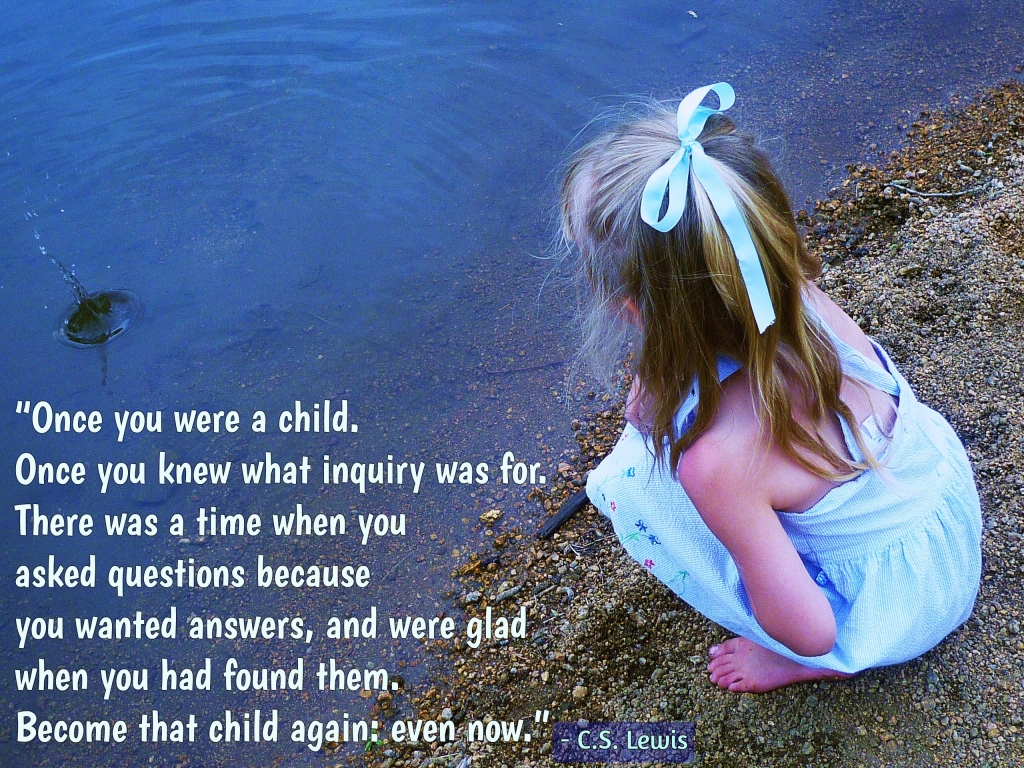 What is “Philosophy for Children”?
What is “Philosophy for Children”?
This is itself an important philosophical question, not easy to answer; but let us say that philosophy, among other things, is self-conscious inquiry into the meaning of puzzling and contestable concepts. In ancient times philosophy was known as a search for wisdom or meaning, and many of the concepts philosophers have thought about for thousands of years are ones we use to structure our daily experience. “What is justice?” “What is beauty?” “How can I be sure of what I know?” “What is the right thing to do?” “What is real?”
Philosophy is also known for the cultivation of excellent thinking. One of the most ancient branches of philosophy is logic, which includes informal logic, or “critical thinking.” But philosophy is not only an intellectual pursuit. Philosophers have tried to improve their thinking in order to better explore the philosophical dimensions of experience, such as the ethical, political and aesthetic dimensions, and in order to improve their judgments and actions within these dimensions. Philosophy helps us learn to recognize, for instance, the ethical problems and possibilities in our experience, to think through them carefully, to make sound ethical judgments and to take appropriate action. This is why for thousands of years people have practiced philosophy, not only in universities but also in business offices, reading clubs and coffee houses.
What is a Typical Online Class Like?

Ms. Therese Carmack graduated summa cum laude with a double major in philosophy and music from the University of Colorado, Colorado Springs. While at UCCS, Maire won the Divisional Award in Humanities for her interdisciplinary efforts in the departments of philosophy and music, as well her work for the Center for Religious Diversity and Public Life and the College of Letters, Arts, and Sciences Chair’s Council. Her senior thesis, “The Postmodern Question: Art without Beauty” contrasted the aesthetic writings of Kant, Danto, Heidegger, and Plato. Maire went on to pursue her Master’s in Vocal Performance and Literature at the Eastman School of Music in Rochester, NY, and graduated in May, 2018.
Our Philosophy for Children online classes will utilize the same classroom software as the rest of our online classes (Socratic and Great Books Program). Students will have access to our Online Learning Center for weekly readings and any weekly assignments. Students begin philosophy sessions by reading aloud a philosophical story-typically, one that depicts fictional children discovering and exploring philosophical issues and applying their reasoning to life situations. Students next identify the issues in the story that they are interested to discuss, collaborating in the construction of the agenda or lesson plan. For the remainder of the session, and for the next few or several sessions, the students and moderator deliberate upon these issues as a community of philosophical inquiry. These inquiries may culminate in action projects or works of art, but in any case they should culminate in the participants’ self-correction of their previous beliefs, feelings or values.
One very important element of Philosophy for Children is stimulus materials that provoke and support the students’ philosophical work. The most effective stimulus materials may be ineffectual without the central practice of Philosophy for Children: the community of inquiry. Participating in a community of inquiry engages young people in important cognitive moves such as creating hypotheses, clarifying their terms, asking for and giving good reasons, offering examples and counter examples, questioning each other’s assumptions, drawing inferences, and following the inquiry where it leads. But inquiry is also a social enterprise, which requires students to share their own perspectives, listen to one another, read faces, challenge and build on one another’s thinking, look for missing perspectives and reconstruct their own ideas. This kind of meaningful classroom dialogue is something most students find irresistible: they can’t help joining in, contributing their own reflections. In this way, cognitive and social skillfulness are acquired naturally and in context, rather than in isolated drills.
Below is a video by one of our students, Hunter Gill discussing the need for Ethics.
Children who are new to philosophy need the help of an experienced moderator. The moderator sees her/himself as a co-inquirer with the children, as interested as they are in exploring philosophical concepts, improving judgment and discovering meaning. However, when it comes to the procedures of inquiry, the facilitator both guides the children and models for them-by asking open-ended questions, posing alternative views, seeking clarification, questioning reasons, and by demonstrating self-correcting behavior. It is through this kind of modeling that the children eventually internalize the procedures of inquiry. Our moderators are taught to neither impose authoritative views on their students nor attempt to validate every student’s opinion in a relativistic fashion. They view their role as helping children to understand and use the tools of philosophical inquiry so that children can construct and re-construct their own answers to philosophical questions. The children should see the facilitator as someone who respects them as persons, takes what they have to say seriously, doesn’t think s/he knows everything, models self-correction and really loves ideas.
The objective of such philosophy sessions is neither to find final answers to the questions that are raised, nor to reach complete agreement among the community. On the other hand, a genuine dialogue ‘moves forward’ in some sense that distinguishes it from mere lively conversation. Philosophy for Children seeks two kinds of objectives: progress in coping with the philosophical questions-which might include adapted beliefs, new hypotheses for experiment or even clarification of the question-and growth in the cognitive and social procedures of inquiry. With these objectives in mind, participants in the community of inquiry typically take stock of their own progress with questions such as:
- Have we begun to deal with this question?
- What do we understand now about the question/concept that we didn’t understand before?
- Are we giving each other reasons for our views?
- Are we listening to each other?
- Are we able to stick to the point?
- Are we able to build on each other’s ideas?
- Who is doing the talking?
- Do we correct each other with sensitivity?
- Are we becoming more tentative about what we claim to know?
- Do we trust each other?
The most enthusiastic proponents of Philosophy for Children are the children, who find philosophy not only thought-provoking but fun. Parents and teachers likewise enjoy doing philosophy with their children. They appreciate this ancient discipline as a way to help their children and themselves to sharpen their thinking, encounter new ideas, decide what they believe, and get to know others through shared inquiry.
When are the Class Times?
Classes will be held on FRIDAYS starting September through May (two semesters). All classes are one academic hour in length. Classes are $495 per year.
PHILOSOPHY FOR CHILDREN SCHEDULE FOR 2020-2021 – ALL CLASSES ARE WEEKLY, EACH FRIDAY
Grade Course Time Required Book 7th Grade Ethics 8:00 AM PST Ethics: Drama of the Moral Life by Prof. Piotr Jaroszynski &
The Time of Our Lives: The Ethics of Common Sense by Dr. Mortimer J. Adler
8th Grade Socratic Logic 9:30 AM PST Socratic Logic by Peter Kreeft 3rd & 4th Grades Philosophy for Children 11:00 AM PST Elfie In Elfie, the children are beginning to question and wonder. Elfie is in the first grade and is so shy she can’t speak in class and can hardly even formulate a question. Yet little escapes her in the goings on in the class, and her mind puzzles over everything that happens to her friends, in the classroom and at home. When the principal proposes a contest aimed at improving reasoning, her whole class is caught up in explaining the nature of sentences, the relationship of subjects to predicates, the making of distinctions and the recognition of connections. At the same time, she and her classmates discover many distinctions fundamental to inquiry: the differences between appearance and reality, the one and the many, parts and wholes, similarity and difference, permanence and change, and change and growth.
5th & 6th Grades Philosophy for Children 12:30 PM PST Introduction to Greek Philosophy GREEK PHILOSOPHY: The first philosophers in Western history—the ancient Greeks—asked the most fundamental questions about human beings and their relationship to the world. More than 2,500 years later, the issues they pondered continue to challenge, fascinate, and instruct us. Is reality stable and permanent or is it always changing? Are ethical values like justice and courage relative? Or are values “absolute”—simply and forever right and true? What is justice? What is happiness? How shall we best live our lives? In this course, you not only learn about Greek philosophy but, to some extent, how to do it. Greek philosophy is ultimately not about facts or answers but about the give-and-take of ideas.
By the end of this course, you will understand how Greek philosophy still heavily influences our view of life. We live today at a time that is shaped by Pre-Socratic, relativistic philosophy. Contemporary thinkers, and often the average person, have great difficulty finding objective truth or meaning in life. What have we lost in turning away from the world of Plato and Aristotle—a world where everything has a place and a purpose and life is saturated with value and meaning? On the other hand, what would we lose if we returned to that world? These are a few of the many questions that will give you ample food for thought. For the Greeks, that was the greatest feast of all.
Ethics: Drama of the Moral Life by Prof. Piotr Jaroszynski
The study of the nature of moral choices has been with us as far back as our historical memory and religious traditions can reach. We have inherited the foundations of that study from such great philosophers and pillars of Western culture as Plato, Aristotle, Saint Augustine and Saint Thomas Aquinas. This course draws on this rich tradition and provides a new and profound look at those aspects of human moral conduct which are both obvious and true. Topics include: Good and End: The Object of Human Acts; The Hierarchy of the Good; The Moral Being—The Decision; The Mode of Human Conduct—Areteology (virtue ethics). This course studies the virtues of Prudence, Temperance, Fortitude and Justice (Legal, Commutative and Distributive), as well as the interconnection of the virtues and the theory of natural law (Do Good!). This course will utilize Ethics: The Drama of the Moral Life by Piotr Jaroszynski, a student of St. John Paul II, who praised the work.
Socratic Logic by Peter Kreeft
Most of us are not trained to think critically. We are taught to read, write, and do arithmetic in grade school and these are necessary for thinking in a critical way. But they do not themselves constitute critical thinking. In middle school and high school, we are taught a fair number of facts and, if we do a lot of math and science, some methods of thinking. But cramming our heads full of facts is not an education in how to think logically, much less an education in critical thinking. Rather, having a lot of facts in our heads provides us with the material that is thought about either clearly or unclearly, either logically or illogically, either critically or uncritically. We are also taught about expressing ourselves in writing. However, expressing ourselves is consistent with expressing ourselves in an illogical and disorderly manner, and the sad truth is that many of us express ourselves in an illogical and disorderly manner.
While we cannot engage in critical thinking without being able to think in an orderly manner, orderly thinking is not in itself all there is to critical thinking. After all, we can think in an orderly manner and do so without being the least bit critical. A person who can recite the rules and regulations of Robert’s Rules of Order is thinking in an orderly way without being at all critical. So, just as critical thinking is more than deliberation and more than reflection, so too is it more than orderly thinking. To get from orderly thinking to critical thinking we must add, as the definition of critical thinking above suggests, the ability to recognize, classify, analyze and construct arguments. That is what critical thinking is. Since most of us have never engaged in this kind of thinking, we need to study what it is.
This course utilizes the only complete system of classical Aristotelian logic text in print: Socratic Logic: Socratic Method, Platonic Questions, and Aristotelian Principles. The “old logic” is still the natural logic of the four language arts (reading, writing, speaking, and listening). Its exercises expose students to many classical quotations, and additional chapters introduce philosophical issues in a Socratic (focused conversational inquiring) manner and from a commonsense, realistic point of view. This course is aimed, not only at building a strong foundation in logic, but at learning how to apply logic through critical thinking: the cognitive ability to recognize, classify, analyze, and construct arguments. The appropriate goal is not to become an argumentative bully; it is, rather, to combine critical thinking abilities with compassion, kindness, and reflection in a way that is beneficial to ourselves, our intimates, and all those with whom we come in contact.
| Enrollment Tuition Chart 2024-2025 | Annual Tuition | 10 Monthly Payments | Annual Tuition with Payment in Full 5% Discount* | *Annual Tuition for Siblings* and Schools/Co-ops (20% Discount) | *10 Payments w/Family 20% Discount | Payment in Full (5% Discount) with Family 20% Discount |
|---|---|---|---|---|---|---|
| Homeschool Program | ||||||
| Grades Nursery-K | $60 | N/A | N/A | $48 | N/A | N/A |
| Grades 1st-12th | $300 | N/A | N/A | $240 | N/A | N/A |
| Live, Online Courses | $595 | $59 | $565 | $476 | $47 | $452 |
| Greats Honors Program** | $995 | $99 | $945 | $796 | $79 | $756 |
| Great Books Program^ | ||||||
| High School Track | $1645 | $164 | $1562 | $1316 | $131 | $1250 |
| AA Degree Bundle*[i] | $3975 | $397 | $3776 | N/A | N/A | N/A |
| College Credit & AA/BA Degree Track* | $2999 | $299 | $2849 | N/A | N/A | N/A |
| CDU & Theology Online 3-Credit College Courses($225 per Credit)* | $675 | $67.50 | N/A | N/A | N/A | N/A |
Some of the figures above vary a little due to rounding. |
||||||
* Our family discount is 20% off the full tuition price for siblings after the first sibling. It is applicable to all siblings after the first is enrolled. The “first” sibling refers to the highest-tuition sibling (usually the oldest). If you have not enrolled the first highest tuition paying student yet, please do so. Then complete additional forms for other students from the same family. Be sure to fill in the discount code at the bottom of the form to apply the discount after checking "Yes" here. There is no family discount for the College Credit Options. Our family discount is 20% off the full tuition price for siblings after the first sibling. It is applicable to all siblings after the first is enrolled. The “first” sibling refers to the highest-tuition sibling (usually the oldest). If you have not enrolled the first highest tuition paying student yet, please do so. Then complete additional forms for other students from the same family. Be sure to fill in the discount code at the bottom of the form to apply the discount after checking "Yes" here. There is no family discount for the College Credit Options. |
||||||
** The Greats Honors Program does not include the Great Books Program. The 4 Didache religion online courses (linked to the provider: My Catholic Faith Delivered) are about $30 each - however no books are required. The Ethics of Aristotle is not online streaming, so must be downloaded for about $10 directly from Great Courses (we provide instructions on how to download it) - however no book is required. These latter two items (Didache and Ethics) are part of the Greats Honors Program, but had to be handled in this way due to their different availability. |
||||||
^ If I complete the A.A. courses in less than four years does the tuition change? Yes. It is less overall that way, but more per year. For details see HERE |
||||||
[i] Theology Online courses are included in the HACS AA Degree Bundle but not the CDU AA Degree Bundle nor in the College Credit & BA Degree Track. |
||||||




